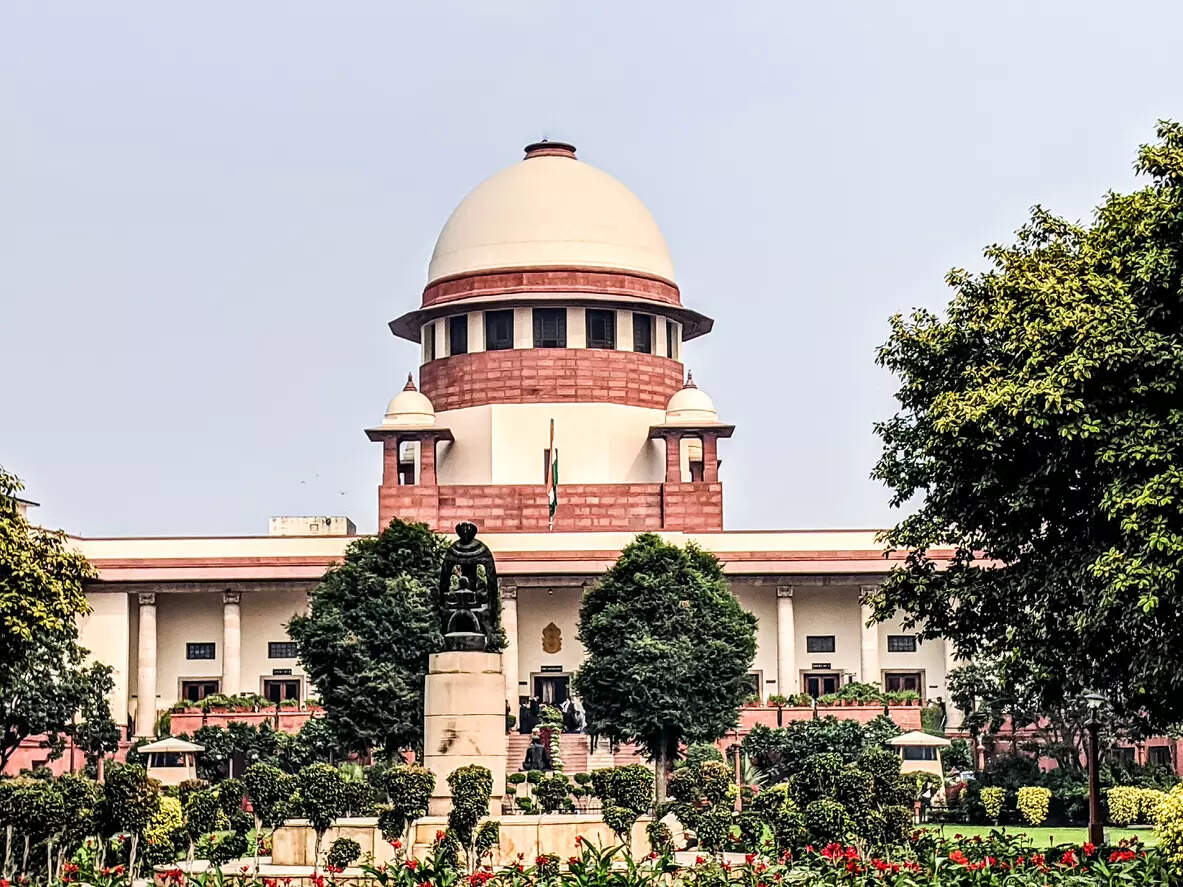
The Supreme Court on Tuesday issued an interim order directing that no coercive action be taken against owners of End-of-Life Vehicles (ELVs) — diesel vehicles over 10 years old and petrol vehicles over 15 years old — operating in Delhi-NCR.
A Bench comprising Chief Justice of India BR Gavai and Justices K Vinod Chandran and NV Anjaria was hearing a plea by the Delhi government seeking a review of the court’s 2018 order prohibiting such vehicles from plying in the national capital and adjoining National Capital Region areas.
Issuing a notice on the Delhi government’s application, returnable within four weeks, the Bench ordered that, in the meantime, no coercive steps be taken against the owners on the ground that their vehicles have crossed the specified age limits.
Delhi Government seeks scientific review
In its plea, the city government has requested the top court to direct the Central government or the Commission for Air Quality Management (CAQM) to conduct a comprehensive scientific study. The application argued that the study should assess the actual environmental impact of the age-based ban and evaluate whether the measure contributes meaningfully to air quality improvement in Delhi-NCR.
The plea called for re-examining the effectiveness, feasibility, and fairness of the restriction, suggesting an emission-based regulatory framework that considers individual vehicle emissions and roadworthiness rather than relying solely on age.
“The current approach mandates collective compliance, without distinguishing between heavily polluting and well-maintained, low-use vehicles,” the application stated.
Impact on citizens and BS-6 vehicles
The Delhi government urged the court to allow all fit and non-polluting vehicles to operate in Delhi without an age limit, as is followed in the rest of the country. It said the existing directive causes hardship to middle-class citizens who depend on such vehicles for limited but essential transport needs.
It further noted that BS-6 vehicles emit fewer pollutants than BS-4 models and that many vehicles affected by the ban are well-maintained, meet emission norms, and are used infrequently, leading to minimal actual emissions.
